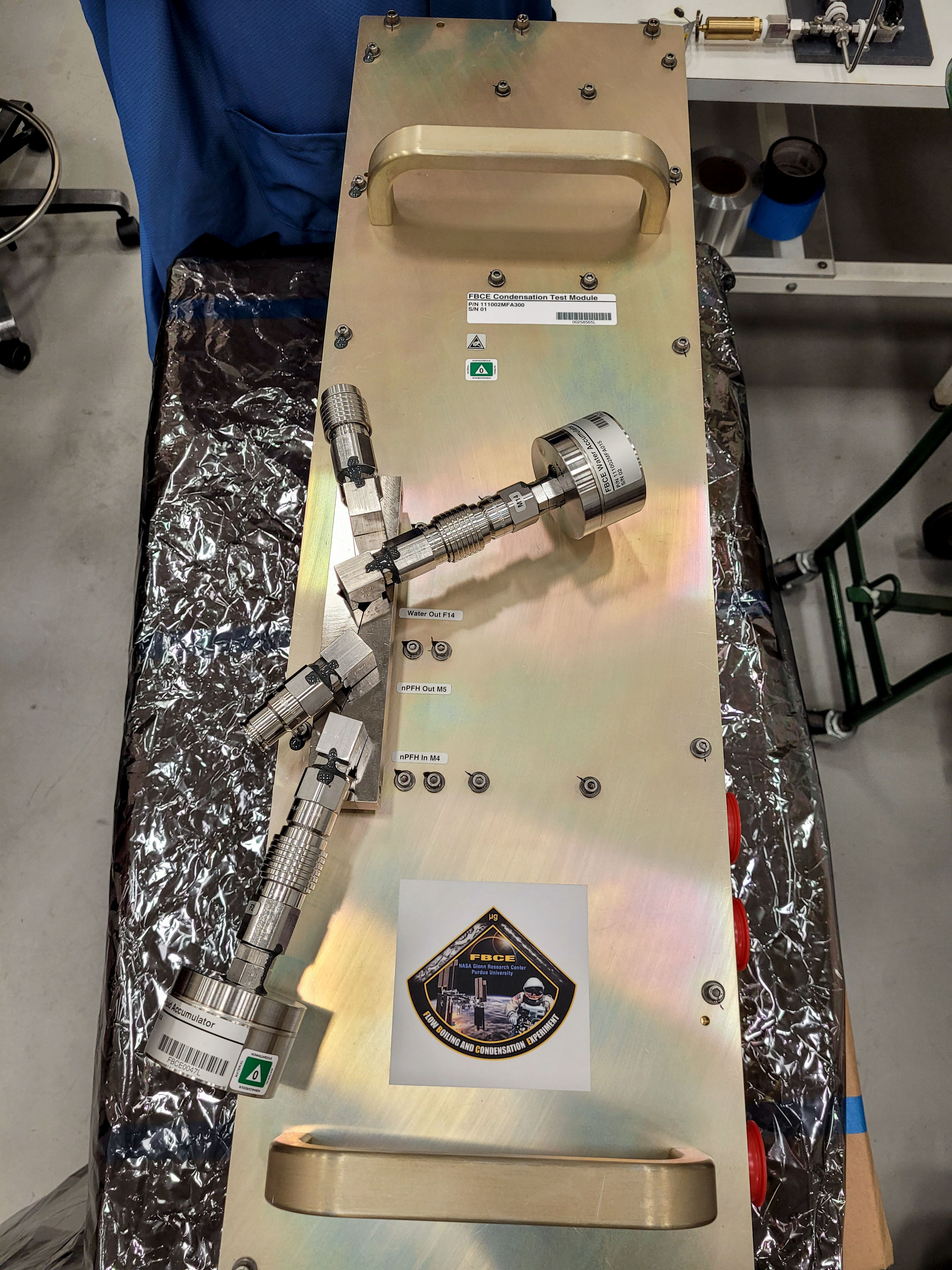In space, the rise of antibiotic-resistant bacteria poses a significant threat to the health and safety of astronauts. Even common, normally harmless bacteria like Enterococcus faecalis (EF) and Enterococcus faecium have shown resistance to antibiotics and increased resilience in the unique environment of the International Space Station (ISS). This is a major concern for human health, both on Earth and in space.
The possibility of more virulent bacteria developing resistance to antibiotics in the confined and isolated environment of space is particularly worrying. The presence of antibiotic-resistant bacteria on the ISS highlights the need for vigilance and proper infection control measures to protect astronauts from potentially harmful infections.
Efforts to better understand and combat antibiotic-resistant bacteria in space are essential to ensure the well-being of astronauts and the success of future space missions. Research into new treatments and preventive measures is crucial to address this growing issue and mitigate the risks associated with antibiotic resistance in the space environment.



